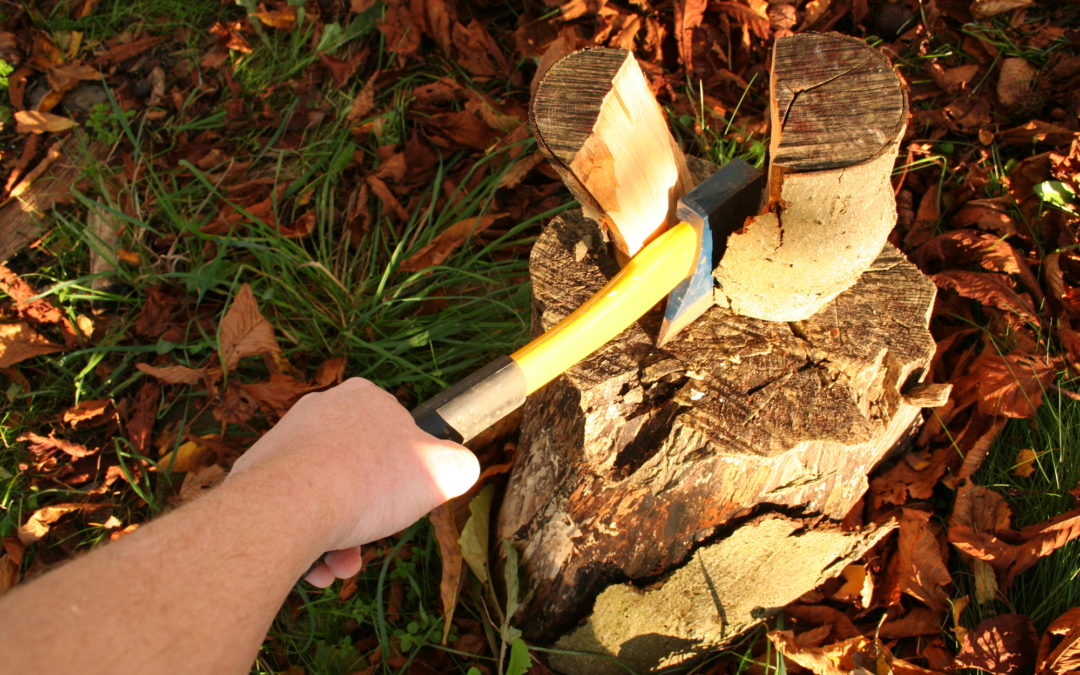A few weeks back I attended a wonderful weekend program with three of my favorite mentors in the inside-out understanding. George Pransky, who I have written about often in these missives, was sharing how a recent health challenge had, “through no fault of his own”, caused him to experience a depth and scope of being that was so beautiful and all-encompassing it made him question all the years of thinking and doing he had participated in up to this point in his life.
We were all touched by the profundity and “realness” of his experience, and it reminded me of a webinar I did earlier this year with my Inner Circle exploring work/life balance. As I was in the midst of an intense burst of work-related activity at the time of the webinar, I admitted that I felt slightly fraudulent in leading that particular discussion at that particular time.
But listening to George speak about how affected he was by the depth of being he was experiencing, I began to see that people (including me) are interested in work/life balance not as a goal in and of itself but as a means to an end. The “end” we are actually after is the ongoing experience of thriving – a quality of aliveness and satisfaction in our day to day life that that often seems to evaporate in our quest for better circumstances in which to live.
What actually leads to this quality of life we long for is not some mathematical state of balance between hours spent at work and hours spent doing other things, but rather the quality of being from which we live. Yet instead of seeing the fault in our strategy, we blame our lack of discipline and inability to execute that strategy for the feeling of being exhausted and overwhelmed.
In other words, when we’re resting in the peace of mind, we tend to recharge our batteries and get re-inspired by what we’re up to in the world; when we’re chasing anything (including the mythical state of “balance”), we drain our batteries in the pursuit.
But does doing have to drain our battery? Do we really have to do less to be more?
If I work on my laptop while it’s plugged in, I can work for as long as I like without draining the battery; when I’m working on battery power, I can only work until the battery is dead.
And while many of us have learned to recharge by taking time off, spending time in nature, or even just hanging out with friends after work, what if we could also get better at staying plugged into the mains while we work?
Unlike “work” and “life”, being and doing are neither opposite sides of a coin nor relative percentages of an abstract whole. Being (or spirit, or presence, or aliveness, or the impersonal Self) is a constant reality; doing is an on-again/off-again blip in that reality, like a ping on a radar screen or a solar flare at the very edge of the sun.
The mystic Ramana Maharshi suggests the following thought experiment:
“Let what comes come; let what goes go. Find out what remains.”
Whenever I get even a little bit quiet my attention redirects itself inward, and I quickly become aware not only of my body but of the simple feeling of being that seems to exist inside and all around it. I relax almost in spite of myself, and if I let it take me, it takes me to a place of rest and safety inside.
It is that place in us which is also beyond us – a connection to the invisible aliveness of the universe.
it is the animating, ever present force that we feel when we first wake up in the morning before the machinery of thought begins grinding its gears and filling our consciousness with a world that looks remarkably similar to the one we lived in yesterday.
It is that which remains when all the drama of our thinking and buzz of our doing has played itself out for the day.
It is the backdrop against which the stories of our lives unfold – the permanent home we can return to again and again and rest in whenever we get bored with our own thought-created dramas.
When we are in the simple feeling of being, it permeates every aspect of our life, adding spice to the bland and balancing out both the sweet and the sour.
From that place, we are capable of doing whatever there is to be done and equally capable of leaving things undone. No longer propelled by insecurity or fear, we can simply follow our inclinations in whatever direction they take us and enjoy the simple feeling of being amidst the shifting sands of our circumstances.Click To TweetSo instead of looking to do less and be more, we can simply put our attention on the spacious feeling of presence and aliveness within us, knowing that from that space we can do or not do without fear of overwhelm or mental exhaustion. Our own wisdom comes through and guides us, nudging us to throw ourselves in or take a step back like the bumpers on a bowling alley keeping our ball from ever going too far off course and winding up in the gutter.
In a sense, we move from trying to balance work with life to a simpler way of being in the world. As the old Zen Koan says:
“Before enlightenment, chop wood and carry water;
After enlightenment, chop wood and carry water.”
With all my love,![]()






